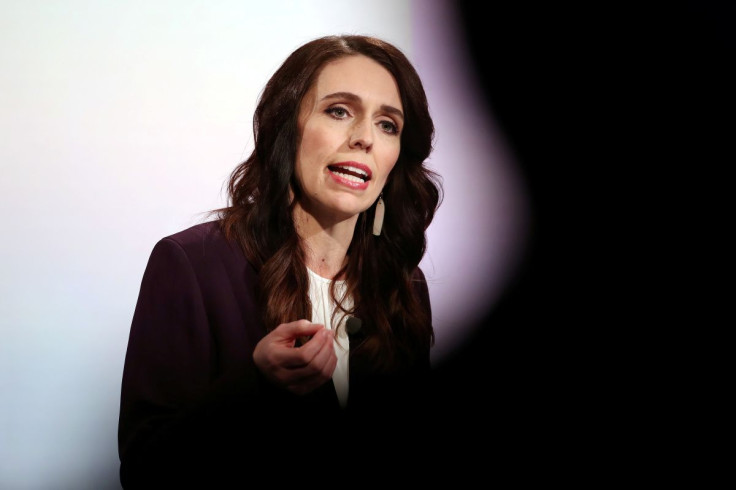Jacinda Ardern’s Policies Fail To Stop Kiwis From Leaving the Country

A population sick of Covid-19's disruption and privations was quick to tie the Jacinda Ardern government to high inflation, supply shortages, and high fuel prices plaguing New Zealand currently and to desert the Pacific Island nation in large numbers.
The cost of living in New Zealand has developed into the most significant political issue as consumer price index inflation has reached 6.9 percent, a 32-year high, with global pressures fuelling price hikes. Asset prices, in particular housing rates, have declined, reflecting higher mortgage interest rates.
Food prices are 7.6 percent higher compared with a year prior. Despite government sops on petrol, prices have been driven up due to the effects of the Ukraine conflict.
On May 25, the Reserve Bank of New Zealand (RBNZ) raised the official cash rate (OCR) to 2.0 percent while warning of similar moves in the future. In an anticipated decision, RBNZ increased the rate by 50 basis points to curb widespread inflation -- its highest level since 2016.
An earlier increase in the OCR reduces the "risk of inflation becoming persistent," the apex bank said in a statement. This is the first time ever the RBNZ has increased the OCR by 50 basis points twice in a row.
New Zealand's two-year ahead inflation expectations have hiked to 3.29 percent while five-year expectations have reached 2.42 percent. The apex bank wants to keep inflation between the 1-3 percent target band.
With the cost of living going through the roof in the country, Jacinda Ardern's government is continuing to slide in popularity. At the beginning of this month, a poll found the center-right National party leading Ardern's Labour party.
The Newshub-Reid research poll awarded Labour 6.1 points, down to 38.2 percent against the National party's 40.5 percent -- up by 9.2 points, while Ardern's personal popularity dwarfed 7 percent to 36.3 percent before the next election scheduled before January 2024.
Kiwis were forced to stop looking for green pastures during the pandemic period, with just 12,000 people in 2020, compared with 38,000 in 2019.
After the curbs are lifted, people in large numbers are heading to leave overseas due to economic miseries, mainly low wages in the country. The latest data from Stats NZ showed annual net migration negative, with 7,300 more people leaving the country.
According to the state-funded data agency, the losses were driven by young adults, aged between 18 and 27 leaving the country.
As the demand has increased due to high inflation, housing unaffordability, and the high rates on fuel, mortgage interest, and daily household items, the immigration ministry in the country has simplified migrants' application and pathways to overseas residency with a new Green List.
The noticeable shift in young professionals and graduates will have a long-term structural change in the make-up of New Zealand's total workforce and will cause trouble for Ardern, who became prime minister in 2017.
As a result of the sudden spurt in migration, the working-age population has already shrunk 0.2 percent in the year, with a 3.1 percent fall in the number of people in their 20s as the country's total inhabitants reached. 5.13 million as of March 2022.
When asked about the negative migration rates, Ardern reacted as if it was not a pressing issue at hand. Ardern, who earlier lived in London, said overseas trips were "part of our history".
"It has been part of our history as a nation to frequently have New Zealanders come and go as part of our overseas experience, building skills and talent."
Another reason for the negative annual net migration, according to the 41-year-old prime minister, is the delay in reopening borders, which meant lower numbers of migrants coming into the country.
While in the U.S. as part of the ongoing official visit, the prime minister displayed New Zealand's recent shift in foreign policy toward the West. To please the U.S. leadership, Ardern did not hide her growing concern over the increasing Chinese presence in the Pacific where Beijing has started a diplomatic blitz of late.
Speaking to reporters after a meeting with U.S. senators and representatives in Washington, she told reporters that China's presence in the Pacific figured prominently in the talks.
Under Ardern, New Zealand has put in place a security strategy where the Pacific Islands Forum, an 18-member regional grouping, including Australia and the Solomon Islands, acts as the first port of call for any security discussions.





